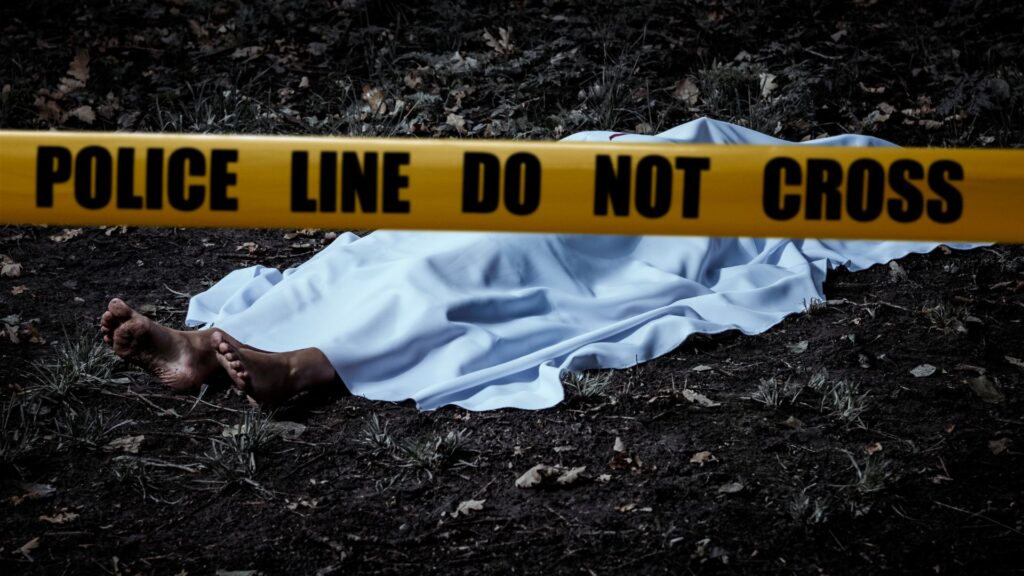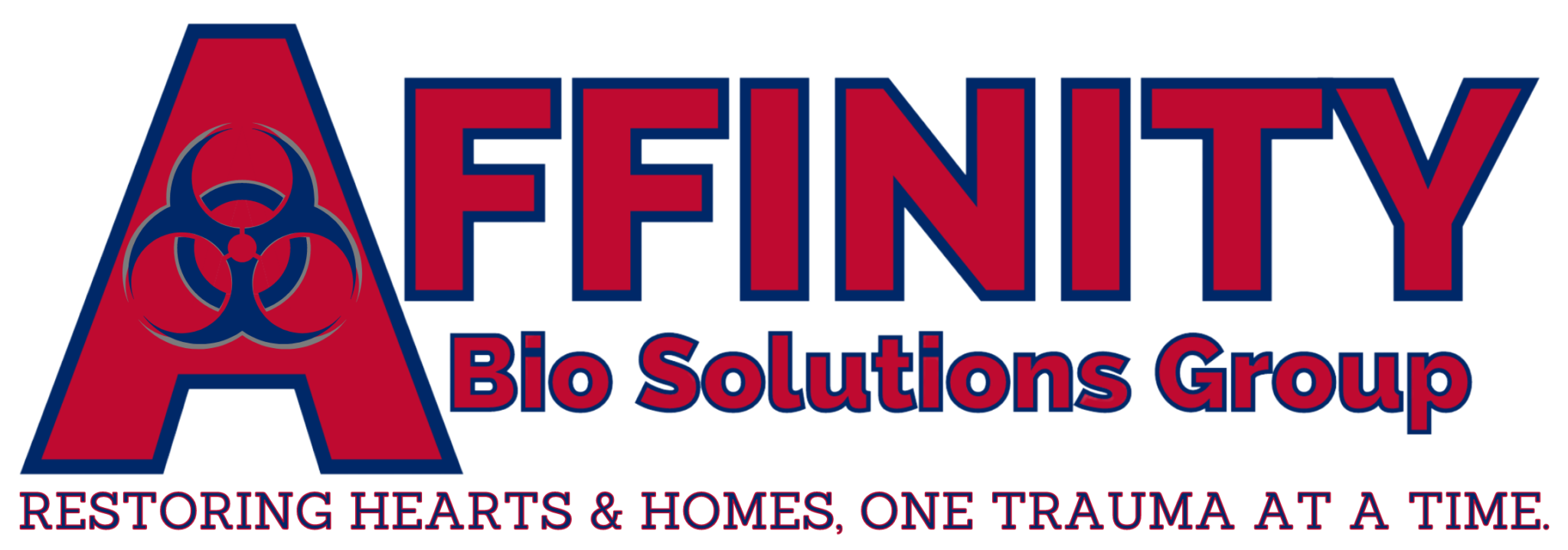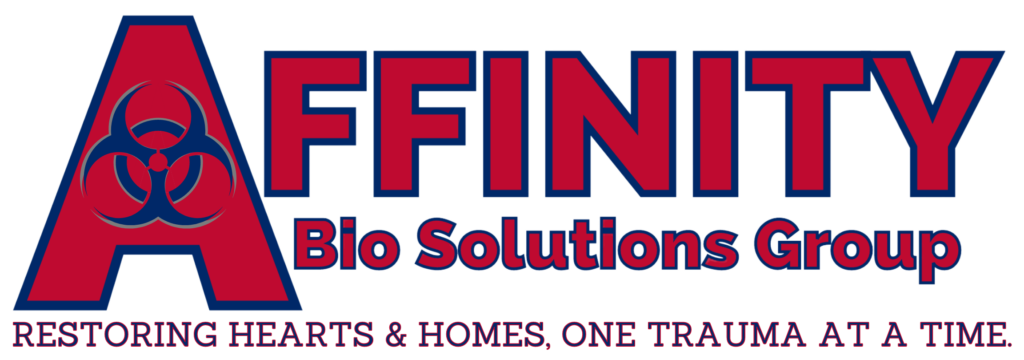What Happens to a Body Left Undiscovered – In the realm of life’s mysteries, the fate of a human body left undiscovered for an extended period remains both intriguing and unsettling. Such situations, often referred to as “unattended deaths,” are more common than one might think. Whether due to isolation, secrecy, or sheer chance, bodies left unattended can undergo a series of remarkable transformations, shedding light on the fragility and resilience of the human form. In this article, we delve into the eerie and fascinating journey of a dead body that is not found right away.
What Happens to a Body Left Undiscovered
The Initial Stages
When a person dies, the body begins a complex and inexorable process of decomposition, even if it is not immediately discovered. In the absence of intervention, the initial stages of decomposition are primarily driven by the body’s intrinsic mechanisms and external factors. Rigor mortis, the stiffening of muscles after death, sets in within a few hours and can last for up to 72 hours. This phase can provide forensic experts with crucial information about the time of death.
Autolysis and Putrefaction
As time goes on, the body’s cells begin to break down through autolysis, a process where enzymes within the cells start to digest their own cellular components. This is followed by putrefaction, which is perhaps the most striking aspect of decomposition. It’s during this phase that the body undergoes significant changes in color and texture, often taking on a greenish or bluish hue. Gases, a byproduct of microbial activity, cause the body to bloat and swell. The noxious smell produced during putrefaction is a result of the release of volatile organic compounds. This smell can be so overpowering that it can permeate a considerable distance, often alerting neighbors or passersby to the presence of a decaying body.
Insect Colonization
Unattended bodies become fertile breeding grounds for a variety of insects. Flies, attracted by the odor of decomposition, lay eggs on the body, giving rise to a burgeoning population of maggots. These larvae consume the decomposing flesh, accelerating the decomposition process. Forensic entomologists can use the stage of insect development to estimate the time since death, adding a valuable piece to the puzzle of an unattended death.
Decomposition Rate Variability
The rate at which a body decomposes can vary widely based on environmental factors. Temperature, humidity, and the presence of scavengers all play a significant role. In warmer climates, decomposition happens faster, whereas in colder regions, the process can be slowed considerably. Bodies left in water may undergo a different pattern of decomposition due to aquatic scavengers and unique environmental conditions.
Skeletonization and Beyond
Over time, as the soft tissues continue to break down, the body eventually reaches a stage of skeletonization. This process can take months to years, depending on conditions. Once the skeleton is exposed, it can endure for a remarkably long time, potentially serving as a silent witness to the events leading up to the person’s death. In some cases, forensic anthropologists can analyze the bones to determine age, sex, and potential signs of trauma or disease.
Discovery and Aftermath
The discovery of an unattended body is a somber and often traumatic event for those involved. Law enforcement, forensic experts, and medical professionals work to piece together the circumstances surrounding the death. In many cases, the body’s advanced state of decomposition makes it challenging to determine the cause and manner of death. Autopsies, toxicology tests, and other forensic techniques may be employed to gather as much information as possible.
Conclusion
The journey of a dead body left undiscovered for an extended period is both a testament to the resilience of the human body and a grim reminder of our mortality. While the process of decomposition is a natural and inevitable part of life’s cycle, the circumstances surrounding unattended deaths can be shrouded in mystery and tragedy. It underscores the importance of social connections and vigilance in our communities, as timely discovery can provide closure to grieving families and valuable insights to investigators. In understanding the eerie and fascinating journey of an unattended body, we are reminded of the fragility and preciousness of life itself.
For assistance in cleaning up toxic situations or biological and hazardous material, contact Affinity Bio in Texas. We are your death clean up company throughout Texas (DFW – Dallas / Fort Worth Metroplex) including Fort Worth, Denton, Frisco, Plano, Lewisville, Arlington, McKinney, and Dallas.

